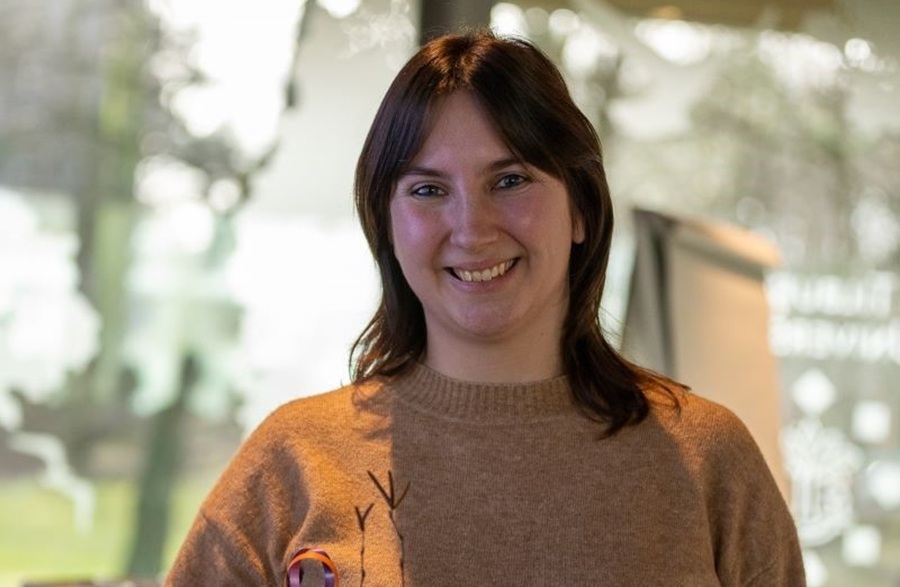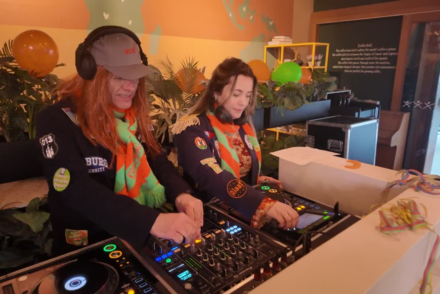My Research Should Be Banned!
Jessie Hillekens’ research on social inequality, diversity and inclusion should be banned. At least, if it were up to some political parties. What does that mean for academic freedom?

My colleagues and I have been watching the United States with growing unease since the election of Donald Trump. In case you missed it: the government there published a list of banned words that are no longer allowed in research—terms like ‘gender,’ ‘female,’ ‘ethnic minority,’ and ‘diversity.’ If such a list were introduced in the Netherlands, not a single one of my academic publications would be allowed to exist. I repeat. Not a single one.
If you think things won’t escalate like that in the Netherlands, think again. We’re witnessing a similar trend here. Scientists and universities are being labeled as elitist and ‘woke.’ Unprecedented budget cuts have been announced for higher education, with the social sciences and humanities bearing the brunt. And it just so happens that these are the very disciplines that deal with issues like social inequality and diversity.
Although anti-scientific sentiment has been on the rise lately, this trend has been underway for quite some time. Close colleagues and friends of mine who also research diversity and inclusion have faced harassment in recent years after appearing in the media. And the number of times I’ve heard of people in my immediate circle receiving threats—I’ve lost count.
This is a guest column by the Tilburg Young Academy (TYA). Each month, a different member of TYA highlights developments in the academic world.
Of course, I understand the frustration. My research is incredibly inconvenient. I present data showing that there is no integration problem, even though our coalition government claims otherwise. While non-binary identities are often dismissed as a passing trend or something exclusive to the ‘woke elite’, I come along with a publication that completely disproves that.
And if you’d like to point to certain groups as problematic or less capable, I show that these outcomes can be directly traced back to experiences of discrimination, inequality, and exclusion. It must be awfully annoying when your gut feeling keeps getting undermined by scientific evidence.
Joking aside, this really strikes at the heart of the issue. When politics begins imposing limits on science, it’s not just academic freedom that’s under threat. Science is a pillar of democracy that ensures power can be held to account. By undermining science, politicians gain more room to render minorities invisible and curtail their rights.
This goes to the core of democracy itself, which is not just about the rule of the strongest or the loudest voice—but also about protecting the rights and positions of minorities. Research like mine is therefore essential to upholding democracy, because it promotes and protects human rights. If that makes me ‘woke’, then so be it—I’ll wear that label with pride.
Jessie Hillekens is assistant professor at the Department Developmental Psychology (TSB). She conducts research on social inequality, diversity, and inclusion.






